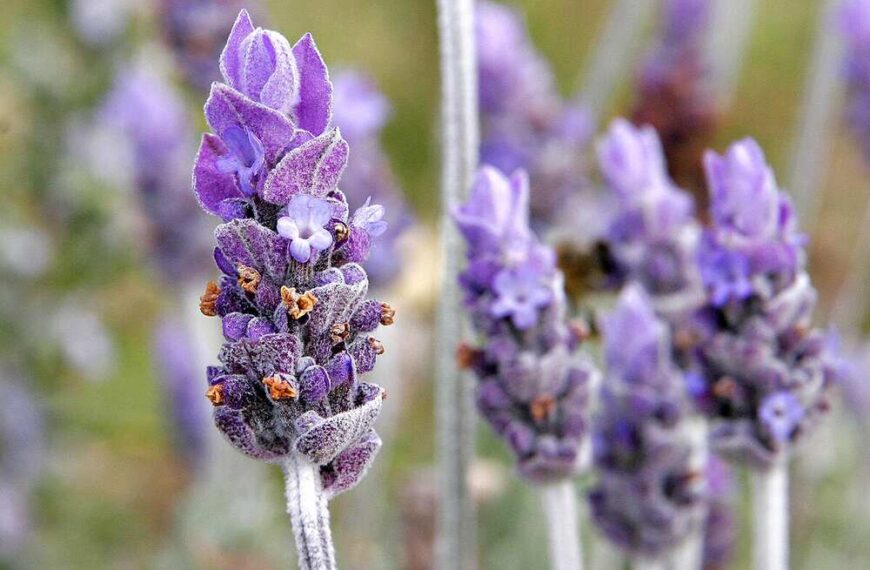Dyper Diapers
Did you know that Dyper diapers are made from biodegradable viscose fibers? That means they’re completely odorless, hypoallergenic, and biodegradable. And did you know that they also cost less than other brands? They’re even more affordable than other brands if you subscribe to their diaper delivery service. Subscribers get their first delivery of diapers free, which is great news for the environment.
Dyper diapers are made with viscose fibers
There are many benefits of Dyper diapers. For one thing, they are completely odorless and chemical-free. In addition, they are made with viscose fibers derived from bamboo, which are softer and more breathable than conventional diapers. Lastly, they are packaged in clear bags made from oxo-degradable materials. And if you ever want to send them back, you can easily do so, too!
To make their products more sustainable, Dyper uses bamboo as a primary material. They also use biodegradable inks to keep diapers fresh. They are also eco-friendly, and their subscription service changes with your baby’s growth. You can cancel any time, and a replacement order will be sent to you within four hours. For the best results, it is best to purchase the pre-folded diapers from the welcome kit. You can then inspect and massage the SAP absorption layer to prevent bundling.
The manufacturing process of viscose fibers can cause environmental and human health hazards. These chemicals are often used to create disposable diapers. Viscose fibers are also used in baby clothing and baby clothes. But it is still not as clear why bamboo is a good choice for diapers. It is made from the same natural materials as cotton, but is made from a different type of material.
They are biodegradable
If you’re worried about the environment, you should look into reusable diapers. Not only do these reduce landfill waste, but they also are biodegradable. Dyper diapers are made from bamboo viscous, which is fully biodegradable in 14 weeks. Unlike most disposable diapers, they are made without man-made materials or added coloring. These diapers are delivered to your door and are biodegradable, too.
Some products, like Honest diapers, are biodegradable. However, others are not. They’re made of corn and wheat ingredients, as well as petroleum-based plastics. On the other hand, Dyper diapers are made of bamboo, and they decompose in 14 weeks. And while Andy Pandy diapers are 86% biodegradable, you can also use them for a greener baby.
One of the major downsides of disposable diapers is that they don’t decompose quickly. Many eco-friendly brands are replacing the plastic SAP with plant-based materials. These plant-based diapers should provide the same level of absorbency as plastic diapers, but will be safer for the environment. Some companies have replaced the SAP with corn-based materials, which are slightly less absorbent but much safer for the planet.
One of the most important features of a biodegradable diaper is its ability to compost. As part of their commitment to the environment, Dyper purchases carbon offsets to fund environmentally-friendly projects. This means the company is using less energy and producing less waste than it consumes. Moreover, the company has an impressive composting program, which saves them money and reduces landfill waste. It’s worth checking out Dyper’s composting program before purchasing them.
They are hypoallergenic
Dyper are scented-free and unprinted baby wipes. These wipes are also very durable thanks to their thicker side tape and increased hook area. As a result, they have the highest safety rating. What’s more, they’re also made with the highest quality ingredients. That’s a big plus for parents and new parents! Dyper is a highly recommended brand for all your wipe-changing needs.
Jessica Alba, the founder of the company, uses these diapers. They’re free of latex, fragrances, and parabens, and they’re also hypoallergenic. You’ll find that they’re available in three sizes, from newborn through toddler, and they’re cute, too. And because Jessica Alba endorses them, you can feel good about choosing them for your little one. You can even choose diapers in cute, celebrity-approved designs!
Another important advantage of using Hypoallergenic Baby Diapers is that they’re eco-friendly and safer than conventional diapers. Hypoallergenic diapers have fewer chemicals, which are better for babies with sensitive skin. Furthermore, hypoallergenic diapers are less harmful to the environment, making them a good choice for parents with allergies. Aside from being safer, hypoallergenic diapers also look better than regular disposable diapers.
While cloth diapers have many benefits, not all of them are hypoallergenic. Using them may be an option for parents with sensitive skin, but they cannot guarantee rash-free skin. The lack of an ultra-absorbent core means that urine can stay on your baby’s skin longer. The urine can also cause a skin barrier to weaken, allowing allergens and bacteria to get through. Changing diapers frequently will help prevent these reactions and your baby will feel much more comfortable.
They are odorless
Why is Dyper odorless? They use bamboo fibers to create a soft, odorless diaper, and do not have any chemicals, latex, or plastic components. This means that your child will be protected from any toxins, while still allowing you to feel confident about their safety. Plus, they do not use any fragrances or chemicals, so your baby is guaranteed to stay odorless for the entire diapering period.
For eco-friendly disposal, Dyper offer a composting option for their diapers. They partner with TerraCycle to conduct a commercial composting program. Subscribers can sign up for the program and receive a specially designed box and prepaid mailing label. The subscription costs $50 per month, and the diapers will be composted for a lower carbon footprint. Alternatively, they can be disposed of in landfills.
Another great benefit of Dyper diapers is their natural antimicrobial properties. They do not have a chemical odor, and the elastic waistband prevents leaks when your baby rolls around. The viscose bamboo fibers used in Dyper diapers are antimicrobial and naturally absorbent, making them ideal for sensitive skin. Dyper diapers are also certified by the Biodegradable Products Institute (BPI) and are compostable to the highest standard, ASTM 6400.
Another perk of Dyper diapers is that they are 100% chemical-free. This is great news for parents looking for environmentally-friendly diapers. Dyper diapers are made from bamboo, a sustainable, renewable material. Bamboo doesn’t need fertilizers, so it doesn’t contribute to global warming. And their packaging is made from biodegradable materials. You can even order them on a recurring basis.
They are breathable
Dyper are eco-friendly diapers that are compostable, and are made from wood pulp sourced from forests managed in a sustainable way. They don’t contain latex, chlorine, or plastic, making them safer for your baby and the environment. In addition, these diapers are strong and secure to keep your baby dry and comfortable. And as a bonus, they’re free from fragrance. Sergio Radovic, the founder of Dyper, wanted to leave the world a better place than he found it.
Unlike synthetic diapers, Dyper are made from natural materials and are certified by the Green Seal. They are reusable and compostable, diverting more than 10 million pounds of diapers from landfills. Their breathable construction also allows for a faster absorption of liquids, so they’re great for active babies. You can wash them with your baby’s underwear, so they don’t smell or rip when they move around.
Whether you choose Wide or Brief, the Dyper diapers are comfortable for your baby. For an additional $10 a month, you can sign up for ReDyper, a subscription service where you can recycle your used diapers and earn free cash. Dyper picks up your used diaper box and composts it. Afterwards, you can recycle the box in the same way. Then, you can feel good knowing that you are doing your part for the environment.
They are wider than traditional diapers
Why are Dyper diapers wider? The answer is simple: they’re compostable. Dyper partners with TerraCycle for their ReDyper composting program, which you can choose to join for $50 a month. Subscribers get a specially designed box and prepaid mailing label, or they can download one from the TerraCycle website. You don’t have to worry about being embarrassed about using adult diapers, either.
SAPs, or structurally-improved polymers, are added to the baby diapers. SAPs are added in one of two ways: powdered SAPs are first sprinkled on the fluff pulp layer and then folded, and then the diaper is covered in a nonwoven fabric. The SAPs are used to improve the overall absorbency of the diaper. Some hygiene products may contain up to 30% SAP.
To increase absorbency, you should use a larger diaper. These diapers are wider than traditional diapers. To maximize absorbency, make sure the leg holes fit your baby. If they don’t, you will end up with leakage and an unappealing diaper. Ultimately, the size of the diaper depends on your baby’s weight, so it is important to choose the right size.
One thing to remember when shopping for disposable and cloth diapers is that the absorbency is different between the two. Different brands use different absorbent materials. Huggies adds FSC-certified wood pulp to their absorbent materials, while Eco by Naty uses less SAP. Earth’s Best, on the other hand, uses corn and wheat starch as absorbent materials. They may be more expensive than their traditional counterparts, but they’re worth every penny.














